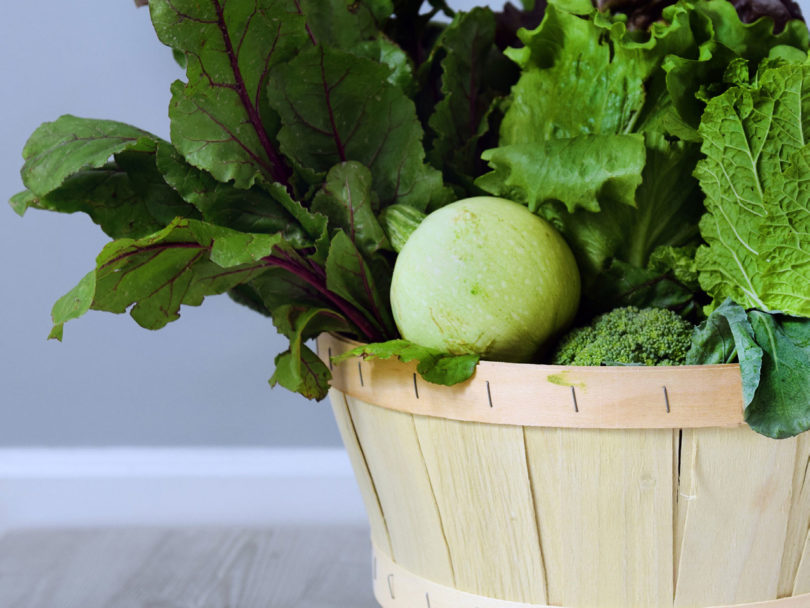From apples to make-up, chicken to t-shirts, you can buy an organic version of almost any product in today’s market. While these products may have benefits, they often carry a heftier price tag than non-organic products.
So should you buy organic or save your hard-earned dollars? Your choice likely comes down to what causes you value and want to support.
 Health Benefits of Organic Products
Health Benefits of Organic Products
Research varies on the health benefits of organic food. Organic dairy products and meats often contain slightly higher levels of healthy omega-3 fats as a result of better feeding processes. However, while organic fruits and vegetables do have fewer pesticides, they don’t typically have more nutrients than non-organic products.
Antibiotic-free meats, on the other hand, have been proven to have clear public health benefits. These meats don’t contribute to the growth of antibiotic-resistant bacteria that could someday become a serious health threat.
Some organic beauty products such as make-up, shampoo and lotions also claim to be better for your skin, hair and health. However, no studies have been able to prove these claims. When it comes to choosing organic products for health reasons, you may not see the benefits you want. It may be best for your lifestyle to purchase a variety of both organic and non-organic products to fit your budget.
Environmental Benefits of Organic Products
When it comes to food products and textiles such as cotton, organic farming introduces fewer pesticides into the environment. Furthermore, organic farms typically create less pollution when harvesting and use soil management practices that can help prevent soil erosion. Buying organic and/or local can also reduce pollution since the products don’t need to travel far to be sold and consumed.
If preventing climate change is a cause close to your heart, shopping organic may be a small way for you to play a role in slowing global warming.
Improved Treatment of Animals
Organic farming practices also require better treatment of animals fed certain products and aren’t exposed to antibiotics and hormones that can make them grow too quickly.
Dylan Wakefield, owner of Pendulum Fine Meats in Norfolk, says that while many farmers don’t have the means to achieve organic certification, small, local farms often follow these more humane practices for raising animals anyway. Wakefield sources the majority of his meats from small farms, offering a variety of organic, antibiotic-free or hormone- free products.
“Our bigger priority in going to these smaller farms is looking for humanely raised animals,” says Wakefield. “If you can afford organic, I would say you should do that. [Organic farming] is getting us closer to practices most people would like to see.” If you avoid meat for ethical reasons, purchasing organic, antibiotic or hormone-free meats is a way to become more carnivorous without contributing to animal mistreatment.
Higher Investment in Local Agriculture
Farmers go through expensive processes to achieve organic certification. In addition to paying for the certification, they often have to hire more workers, buy more farmland and use more expensive feeds.
Still, organic practices can create more farming jobs and opportunity. Increased demand for organic and locally grown foods allows farmers to make more money off their crops.
By buying organic, you can help support local farmers. If you purchase organic products from the grocery store instead of directly from the farm, try to find out where the products came from so you can be sure you are supporting regional agriculture.
Photos by Kristen Vann Bryant

